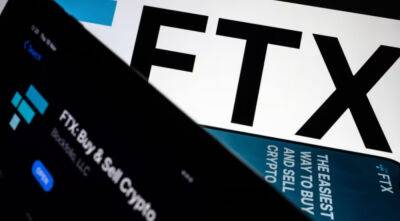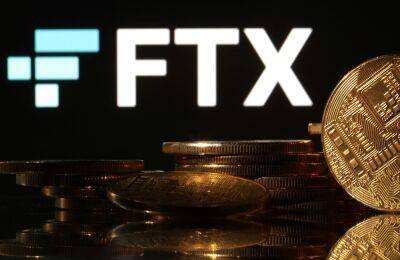Aussie federal budget reaffirms BTC won’t be treated as foreign currency
The first federal budget under the Anthony Albanese led-government has outlined that Bitcoin (BTC) will continue to be treated as a digital asset, and not taxed like a foreign currency.
This clarification comes in response to El Salvador’s adoption of BTC as legal tender in September last year, with the Australian government essentially ruling out a shift in classification despite it being used as a currency in El Salvador and the Central African Republic.
The federal budget was released on Oct. 25, and states that BTC will fall under the “current tax treatment of digital currencies, including the capital gains tax treatment, where they are held as an investment.”
“This measure removes uncertainty following the decision of the Government of El Salvador to adopt Bitcoin as legal tender and will be backdated to income years that include 1 July 2021,” the budget document reads.
Speaking with Cointelegraph, Danny Talwar, head of tax at Australian crypto tax accountants Koinly, suggested that El Salvador’s BTC adoption has done little to sway the opinions of the Australian Taxation Office (ATO) and the Treasury, as they have always maintained that Bitcoin should be taxed like other digital assets.
As such, under the classification of a digital asset, BTC investors will be subject to capital gains tax requirements when making a profit from selling the asset.
The percentages vary as profits are generally included as part of one’s income tax, however if the asset has been held for longer than a year, a clear cut 50% of the profits go to the ATO.
In comparison, the general tax rate for profits from foreign currency investing is 23.5%, and would mark a hefty discount to investors if BTC were to be classed in this category.
“The
Read more on cointelegraph.com cointelegraph.com
cointelegraph.com








